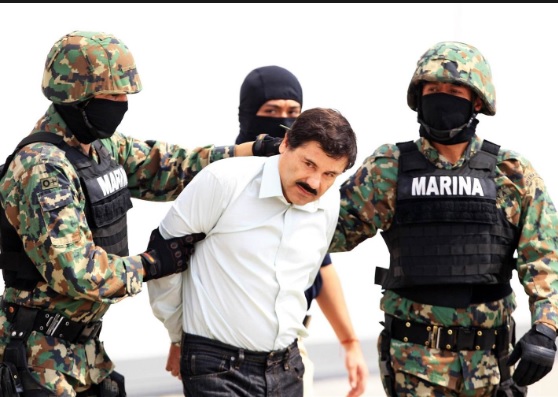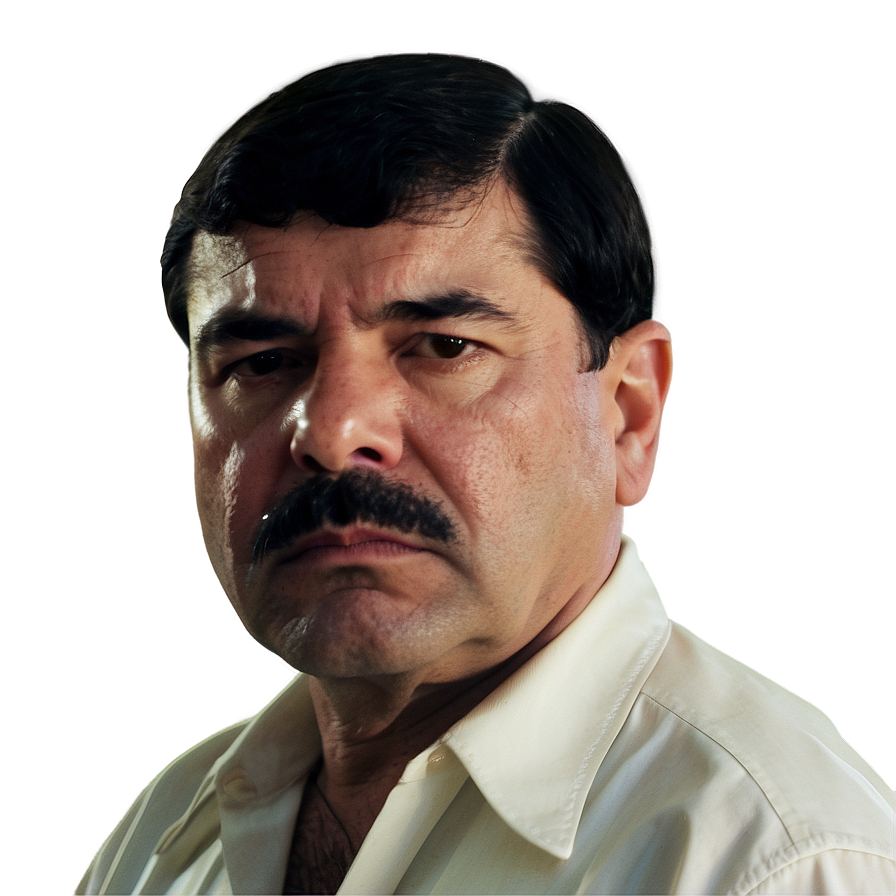The Life And Crimes Of El Chapo: A Comprehensive Biography

Joaquín "El Chapo" Guzmán is one of the most notorious drug lords in history. His life story weaves through the shadows of crime, power, and violence, reflecting the dark side of the drug trade. This El Chapo biography explores his rise from humble beginnings to leading the infamous Sinaloa Cartel, detailing his criminal activities, major arrests, and the lasting impact on society.

Early Life and Rise to Power
Family Background
Born on April 4, 1957, in a small village in Mexico, Joaquín Guzmán grew up in a poor family. His father was a farmer, which meant young Joaquín learned early on about hardship and survival. This upbringing significantly influenced his later choices, pushing him toward the world of crime.
Influences and Key Events
Guzmán's entry into the drug trade began in his teenage years, working for local growers. By his twenties, he had established connections within the burgeoning drug trafficking networks. The turning point came when he joined the Sinaloa Cartel, where he quickly rose through the ranks due to his cunning and ruthless nature.

Criminal Activities and the Sinaloa Cartel
The Sinaloa Cartel, under Guzmán’s leadership, became a formidable force in the drug trade. It controlled much of the heroin, cocaine, and methamphetamine entering the United States.
Major Drug Trafficking Operations
-
Cocaine Trafficking: El Chapo orchestrated massive shipments of cocaine from Colombia to the U.S. These operations often involved sophisticated tunnels, allowing drugs to bypass law enforcement.
-
Heroin Production: Guzmán expanded the cartel's operations to include heroin, capitalizing on the growing demand. He transformed poppy fields in Mexico into significant heroin production sites.
-
Methamphetamine Manufacturing: In the early 2000s, the Sinaloa Cartel shifted focus to meth production, using advanced techniques that boosted output and profit margins.
The scale and efficiency of these operations solidified El Chapo's reputation as a leading figure in drug trafficking.

Major Arrests and Prison Escapes
Guzmán's life was marked by several arrests, but his escape methods became legendary.
Significant Arrests
-
First Arrest (1993): El Chapo was captured in Mexico and sentenced to 20 years in prison. However, his reign was far from over.
-
Second Arrest (2014): After years of evading law enforcement, he was captured again but not for long.
Escape Techniques
The Infamous Tunnel
In 2015, Guzmán escaped from a maximum-security prison through a sophisticated tunnel dug right into his cell. This escape, spanning over a mile, showcased his resources and planning capabilities.

The 2016 Recapture and Escape
After being recaptured in 2016, authorities placed him under tighter security. However, his ability to bribe officials and use underground networks led to another escape, reinforcing his notoriety.
Legal Proceedings and Convictions
Despite multiple arrests, El Chapo's influence remained strong. In 2019, he faced trial in the U.S. on numerous charges, including drug trafficking and money laundering.

Sentencing Details
Ultimately, Guzmán was convicted on several counts and sentenced to life in prison, plus 30 years. His trial garnered significant media attention, revealing the inner workings of the cartel and his criminal empire.
Impact on Drug Trafficking and Society
El Chapo's activities reshaped the landscape of drug trafficking. His operations not only affected the U.S. but also had devastating impacts on Mexico, contributing to violence and corruption.
Broader Implications for Organized Crime
The power dynamics within organized crime shifted due to El Chapo's actions. His methods inspired other criminal organizations, leading to increased violence and competition in the drug trade.
Conclusion
El Chapo's legacy is complex. His life story reflects the darker sides of ambition and power, leaving a lasting imprint on drug trafficking and society. This El Chapo biography highlights how one man’s rise to infamy can shape an entire industry. For those interested in the depths of organized crime, understanding El Chapo is essential.